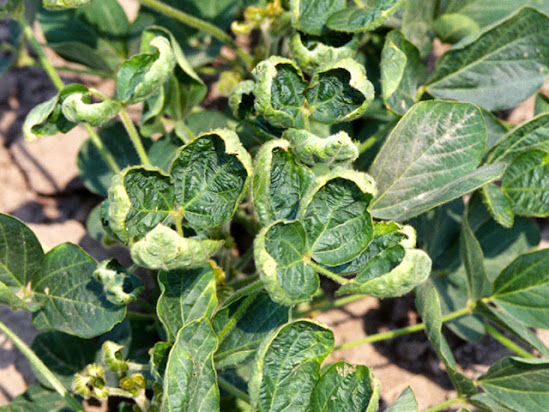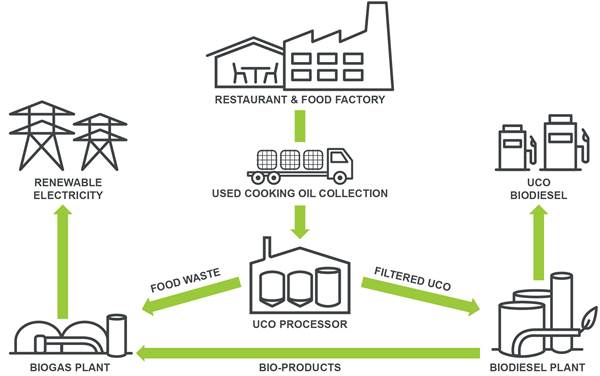Soil Active Herbicides; Help Control the Growth of Unwanted Plants and Weeds without Damaging Crops
Soil active herbicides are the herbicides which act on the shoots, seeds, and roots of the plant. They are widely used to control the plant growth and other underground parts of the weed. Soil active herbicides can be applied to the soil during the plant’s growth or before plantation. However, the efficacy of these herbicides depends on several factors, such as uniform coverage of treated soil, availability of the active ingredient, and contact of roots/shoots with herbicide treated soil, among others. Moreover, they help increase crop yield of, which, in turn, facilitates the demand for these products. Moreover, the demand for soil active herbicides has increased due to the increasing demand for food and increasing population around the world. Soil active herbicides are an important element in the manufacture of various crops. According to the United States Department of Agriculture (USDA), food choices by households influence the types of crops that America's farmers grow, the...


